South Africa’s case against Israel at the ICJ is a welcome attempt to revive the global social order but failure to bring about real proportionate justice will only further confirm the current state of international anarchy and embolden other rogue actors.
On Jan. 11, 2024, Israel appeared before the International Court of Justice in The Hague at the first hearing in the case presented against it by South Africa. Israel has been accused of committing the crime of genocide and may be subjected to provisional measures, which would request it to decrease all acts from within Article II of the Genocide Convention and halt its military operations in the Gaza Strip. The State of Israel, established in 1948, the same year that the U.N. Genocide Convention was adopted, may be charged with breaching the Convention, of which it is a signatory.
Why is Israel Participating?
Despite its long history of violating international law and U.N. Security Council Resolutions, Israel, being a signatory to this Convention means that it cannot ignore this lawsuit otherwise it risks the issuance of a ruling in absentia and forgoes the opportunity to bring other countries before the court to support its position and prove that there is no global consensus on the allegations of genocide.
High Profile, High Stakes
This is the first time that a lawsuit has been filed against Israel with these grave accusations by South Africa, a country with an internationally recognized legacy of combating apartheid. The lawsuit is a long-awaited response to the conditions imposed by Israel on Gaza since the events of October 7th and flags the urgency of a legal struggle to prevent further death and destruction. As such, each party to the case has carefully selected its representatives.
South Africa’s legal team is led by John Dugard, a lawyer and one of the South Africa’s most prominent international law experts. He was the United Nations’ Special Rapporteur in the Palestinian territories and previously served as a judge at the International Court of Justice. Meanwhile, Israel has chosen former President of the Supreme Court Aharon Barak to join and head the Israeli legal team.
Potential Scenarios
First, if the court rules in favour of South Africa and accepts its requested provisional measures, Israel will be expected to comply with the decision because it is a party to the Convention and thus technically accepts the jurisdiction of the court. Israel’s cooperation with the courts thus far suggests firstly, that it intends to redeem some of its public image, at least in the face of the West, and secondly that it may be playing the long game. Israel is already under pressure to enact ceasefire and has received signals from the United States to end its large-scale ground war. Although it is unlikely to completely stop its operations, a potential down-scaling as a result of provisional measures may be in favour of Israel reconstructing its image. The war has taken a huge toll on the Israeli economy so down-scaling is indeed an option, the timing of which Israel can decide to its advantage.
It is important to note here that the court does not have to make a final ruling to declare Israel guilty of committing genocide to accept the request for provisional measures and that the ruling can take years to be made.
Should Israel refrain from implementing the ruling of the international court, any country can build on the ruling and present the issue to the Security Council to discuss the implementation of the international court’s decision. If any member state uses the right of veto against a decision issued by a U.N. judicial body, it will have to bear political, legal, and moral consequences before the international community.
Second, if the court decision is issued in favour of Israel, it will be necessary to return to the political and diplomatic solution again as a means of resolving the conflict. Israel is expected to use the argument of self-defence to rebut allegations against it and present evidence to prove that it is not indiscriminately targeting civilians but rather targeting Hamas.
However, it will be difficult to refute the large body of evidence South Africa has presented to support claims of genocidal intent, demonstrated by numerous statements made by Israeli political and military officials including Prime Minister Netanyahu, President Herzog, and Defence Minister Yoav Gallant. Considering this, Israel’s case in the international court can turn into numerous individual cases in the International Criminal Court, a process already started by Chilean lawyers who have accused Prime Minister Benjamin Netanyahu of war crimes.
Al Habtoor Research Centre’s Commentary articles allow researchers to provide quick, informed responses to ongoing topics, emphasizing personal perspectives and expert opinions without the weight of exhaustive citations. This ensures agility in addressing rapidly evolving subjects and enriches the discourse with authentic insights.
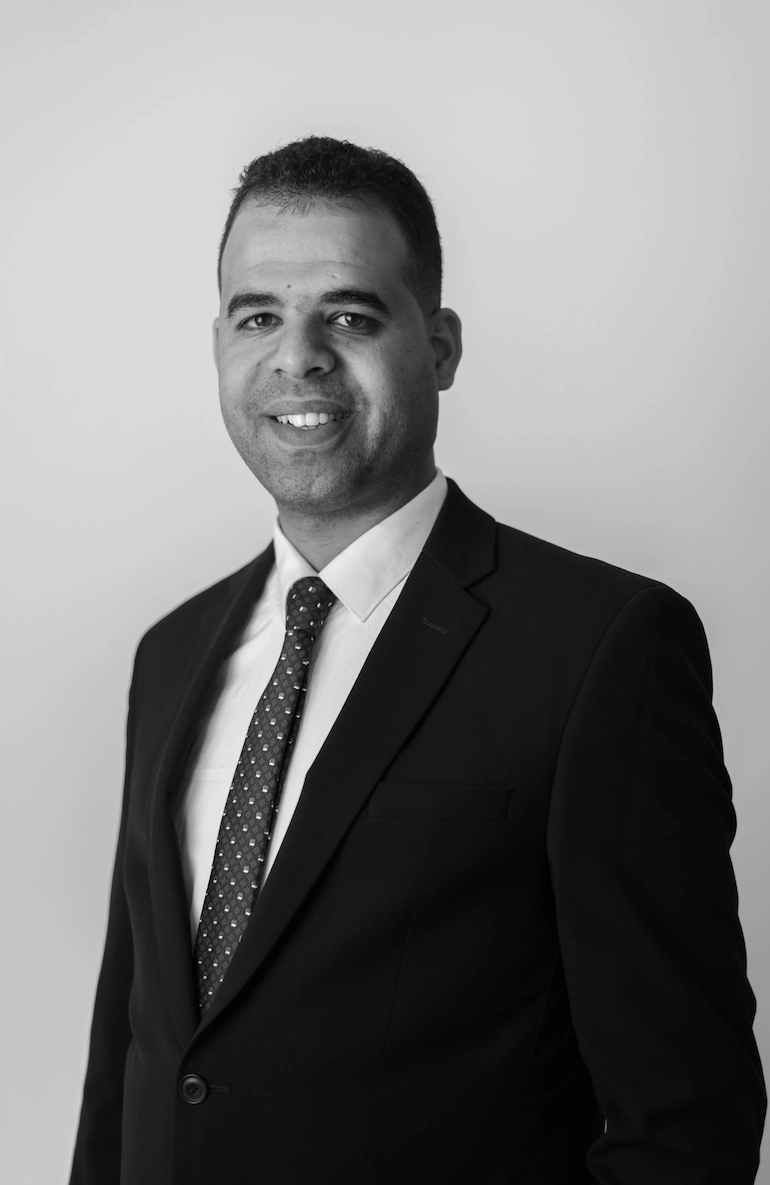
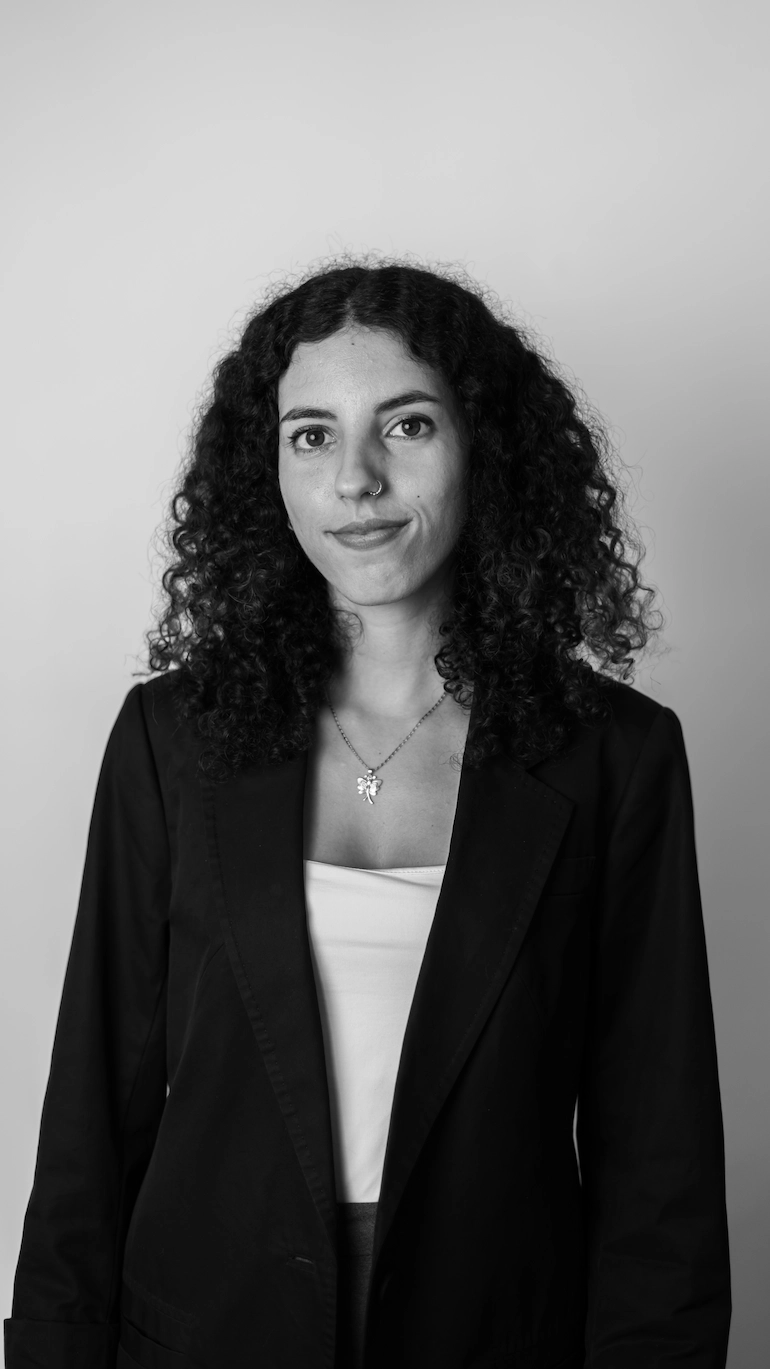
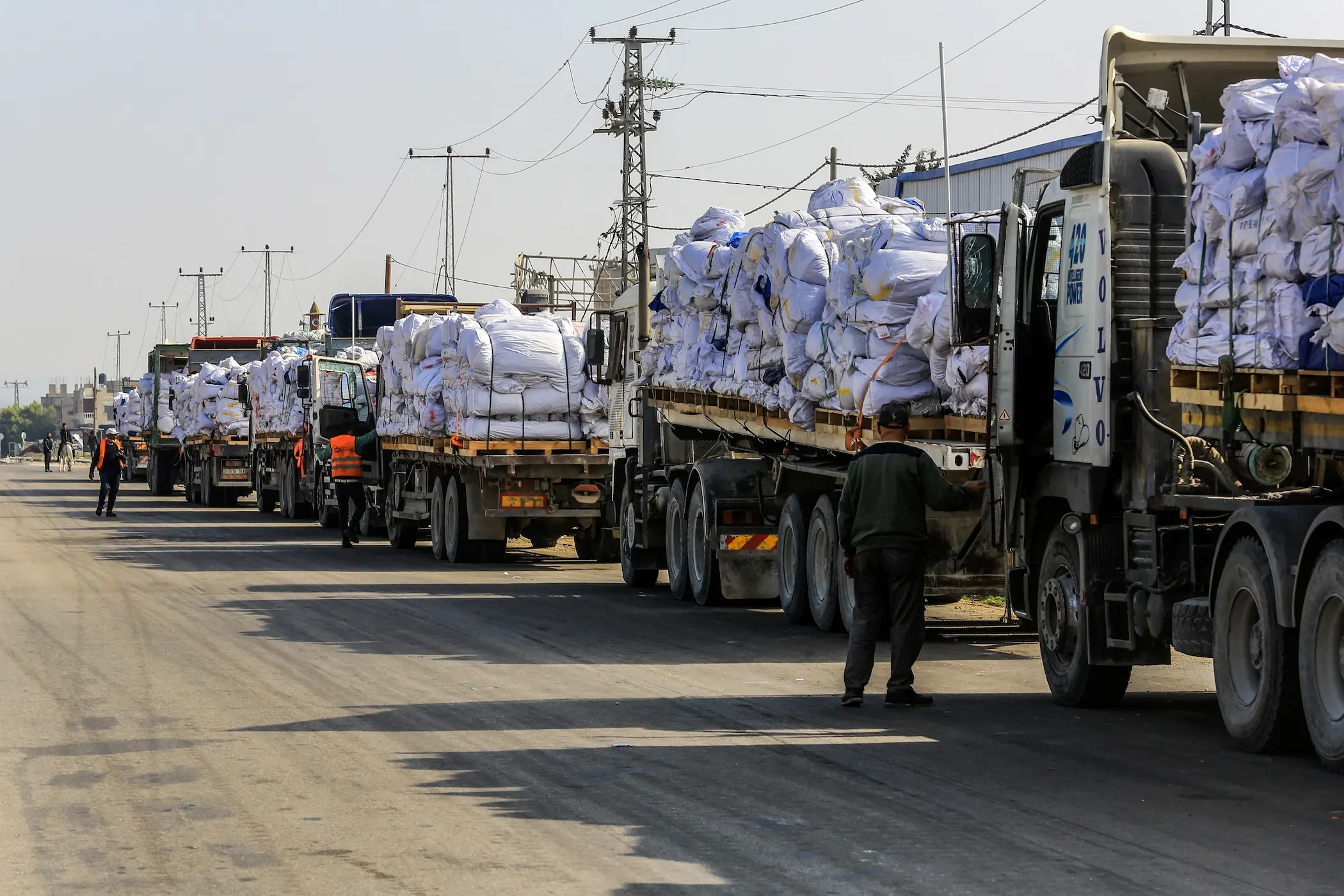



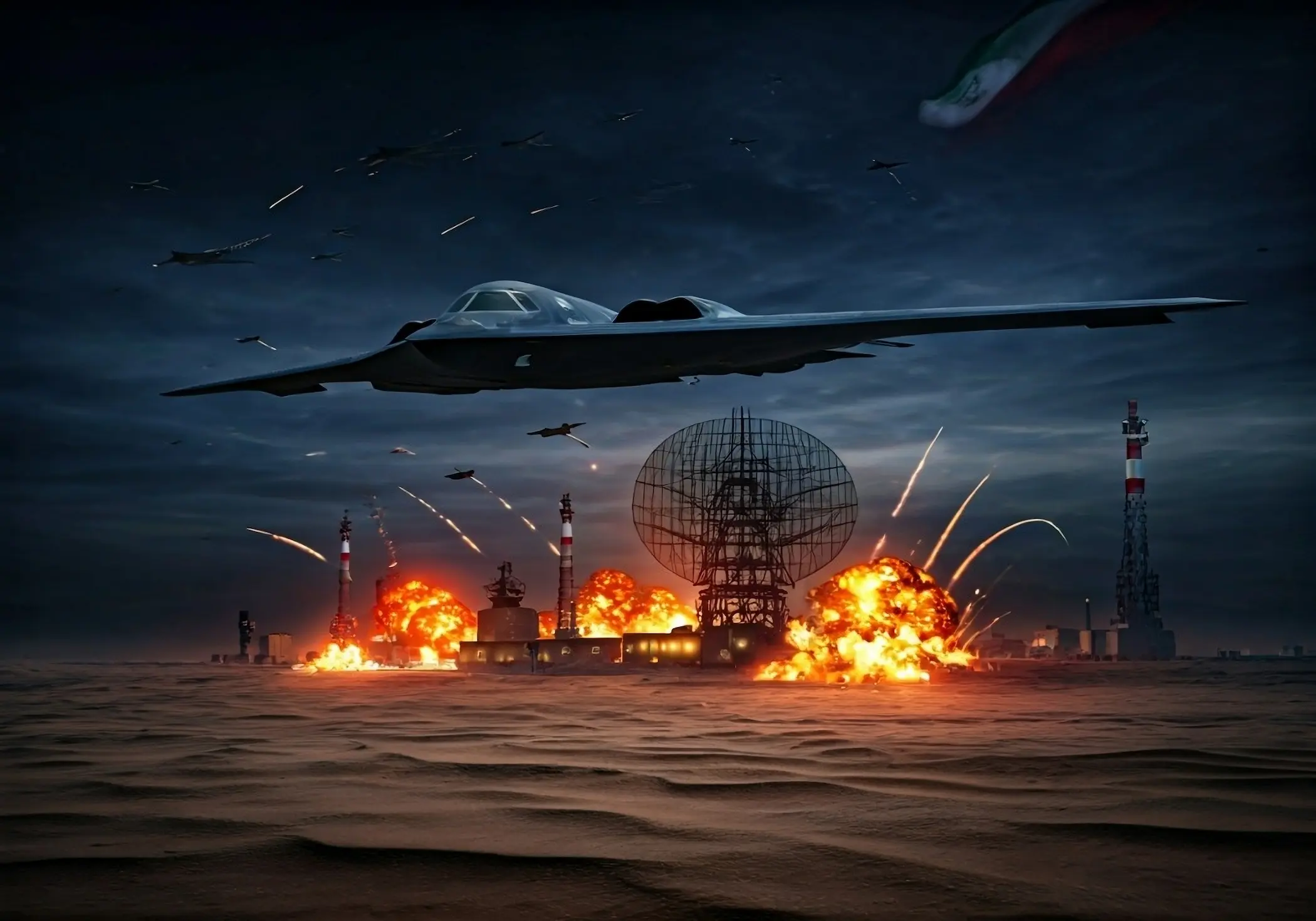
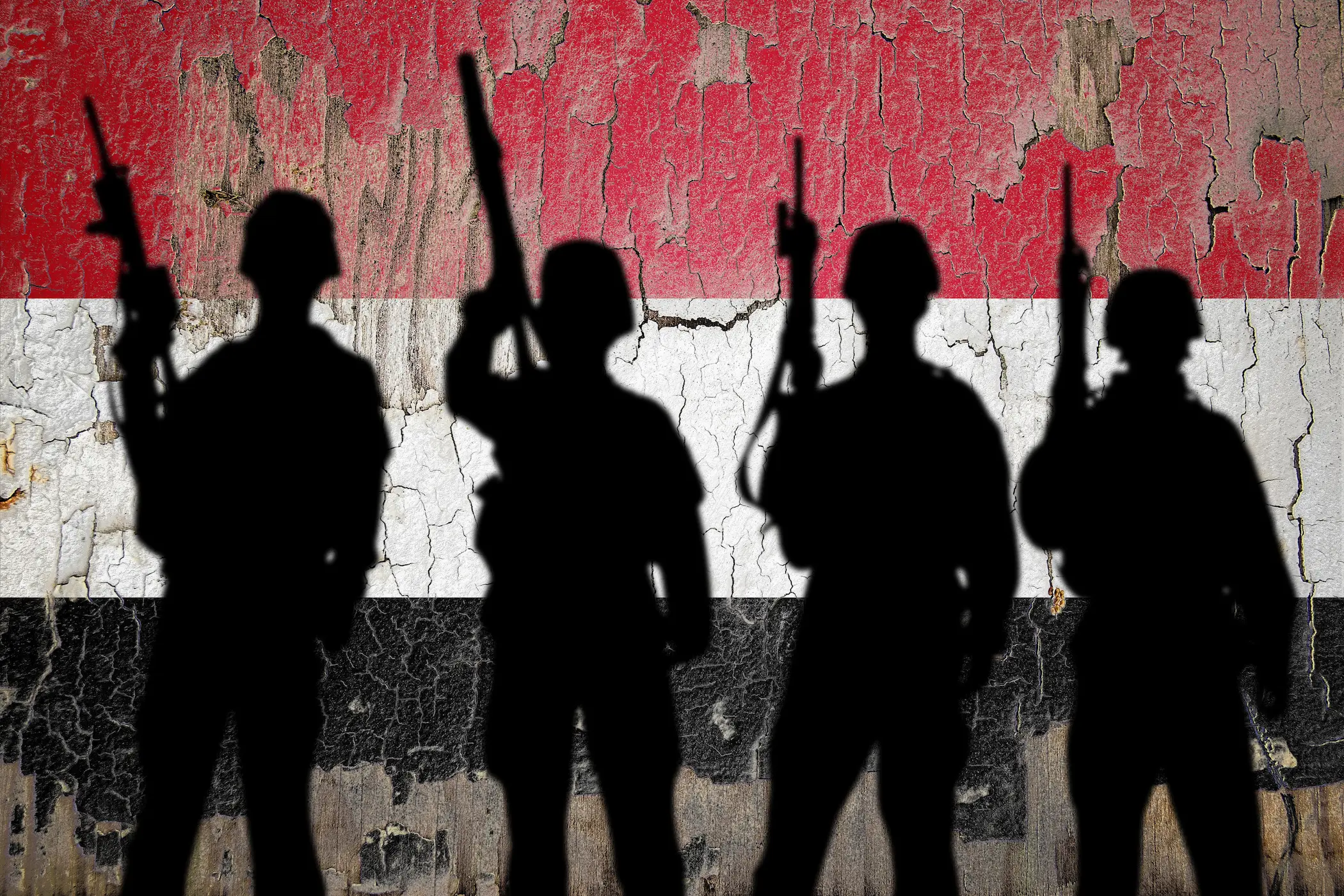
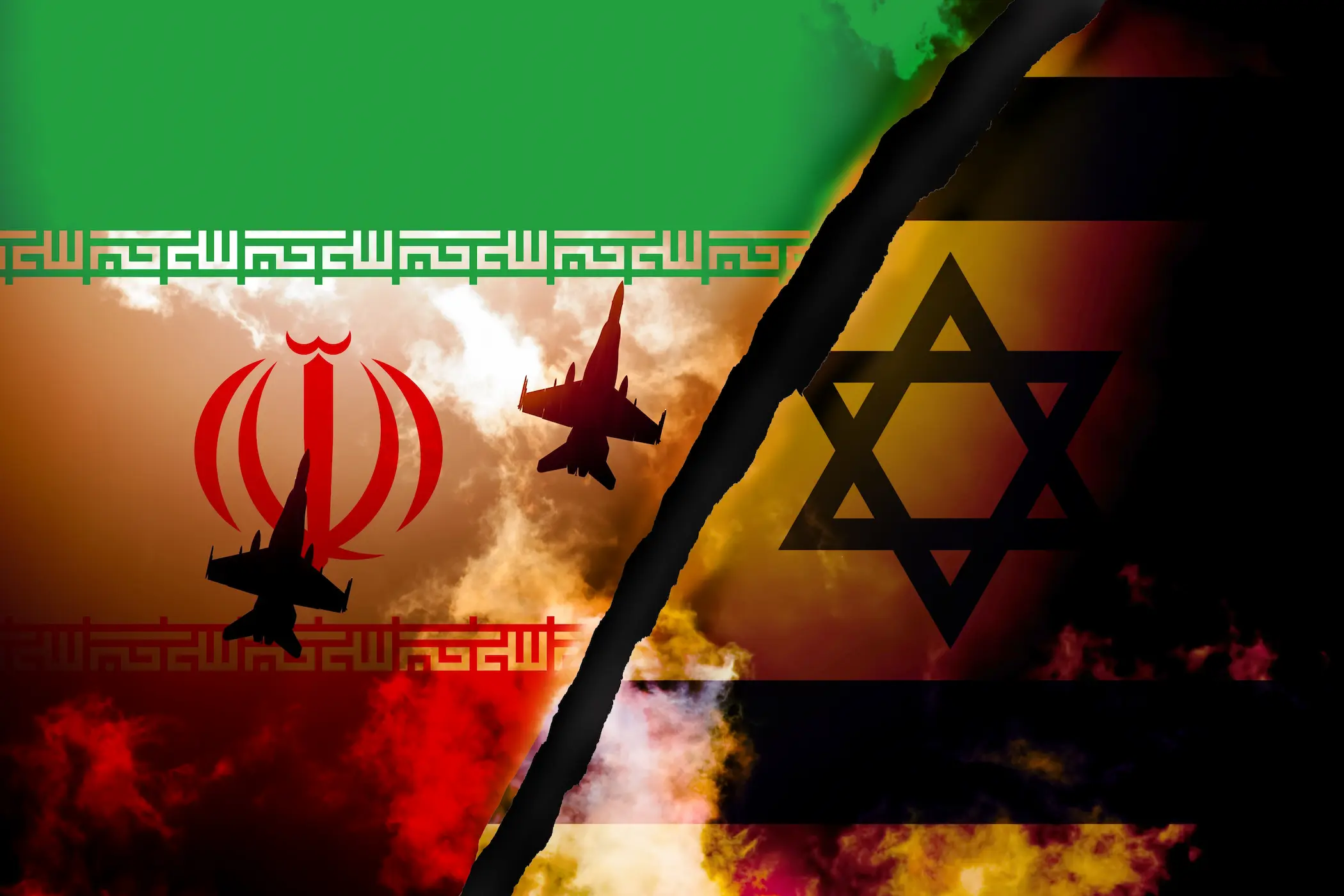



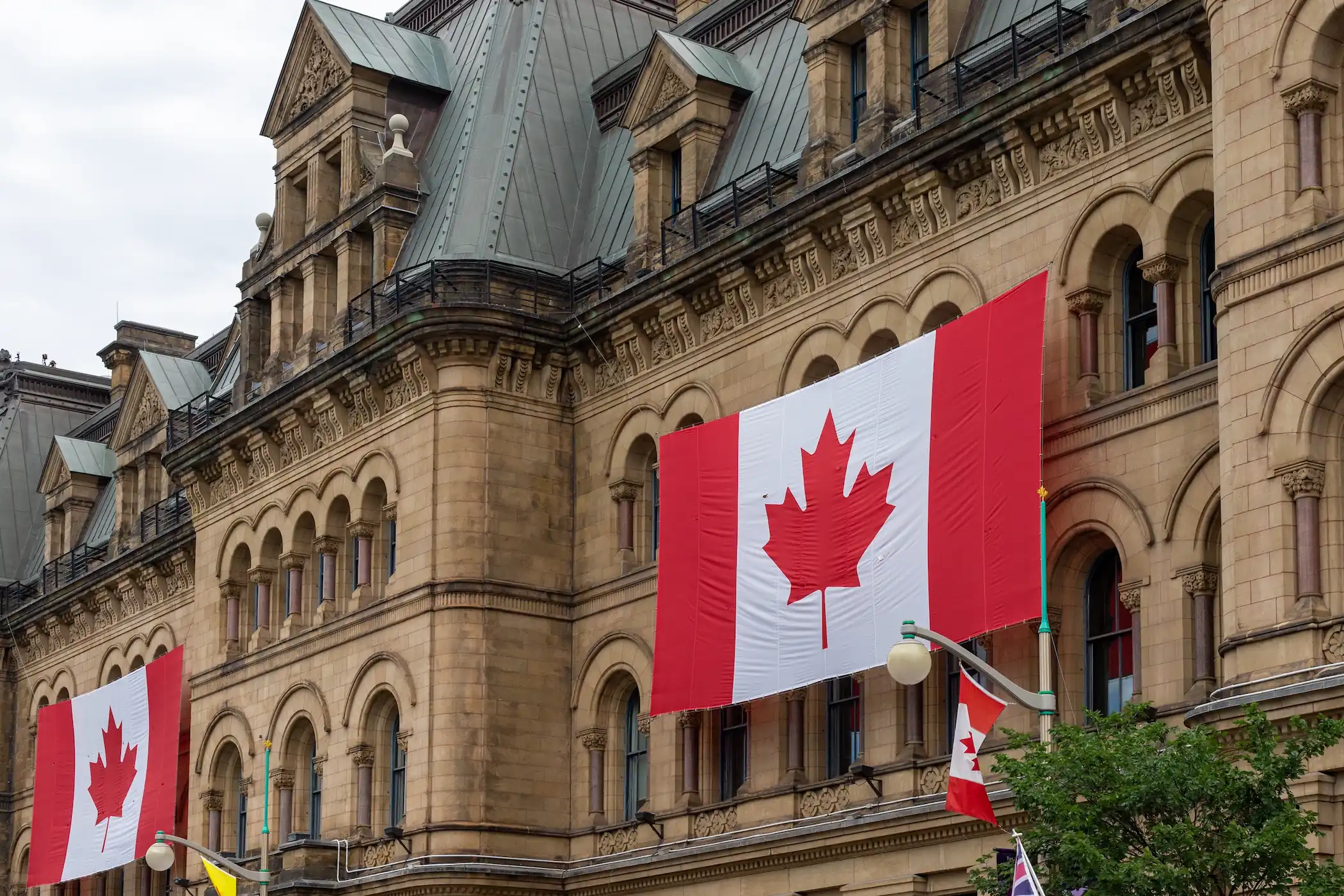










Comments